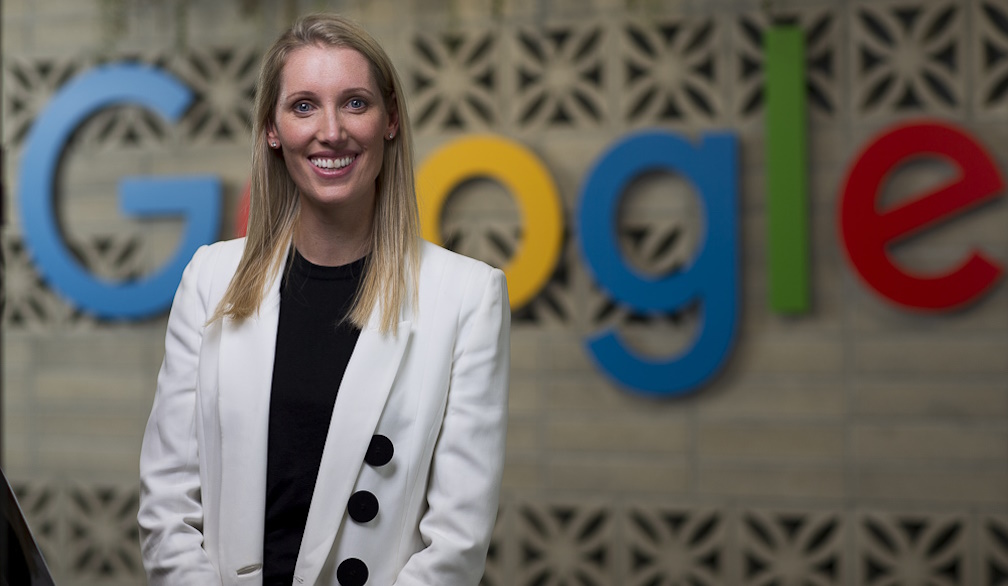Here’s what young people think about NZ’s smokefree generation policy
- Written by Janet Hoek, Elizabeth Fenton, Jude Ball, Lani Teddy and Richard Edwards

Aotearoa New Zealand’s bold plan to introduce a smokefree generation by prohibiting the sale of smoked tobacco products to anyone born after January 1 2009, has attracted international acclaim.
However, tobacco companies, rehearsing their well-worn arguments, have claimed this measure will deprive young people of important freedoms. Having spent decades refining tobacco products to enhance their addictiveness, these companies appear to believe that protecting young people from addiction would deprive them of personal autonomy.
While it is predictable that health researchers would support effective measures and tobacco companies would oppose them, we know much less about how young people, those targeted by the policy, view these measures.
We explored this question through in-depth interviews with 20 young people aged 17 or 18, and probed in detail how they viewed the smokefree generation policy.
Five of our participants reported currently smoking, one had formerly smoked and 14 did not smoke. Most supported the policy and believed introducing a smokefree generation would protect their freedoms.
Several had seen addiction within their whānau (extended family) and knew the health inequities smoking causes. Some struggled with addiction personally and thought the smokefree generation policy would address and protect young people’s right to healthy futures.
Their life experiences led these participants to favour longer-term outcomes and societal wellbeing over choices they viewed as illusory. They felt protecting young people from smoking uptake and addiction was crucial, and saw a society that protected young people from these pressures as more important than the so-called freedom to choose.
The right to protection trumps absolute freedom
Participants who supported the smokefree generation policy held a nuanced view of freedom and did not see it as absolute; instead, they recognised regulation could enhance positive freedoms and well-being.
They rejected the negative view of freedom tobacco companies propose, which presents regulation as limiting or removing choices. Many outlined a positive view of freedom that prioritised protection from addiction and the negative health consequences that follow, and endorsed the smokefree generation policy.
For these participants, it followed that the government had a responsibility to protect them, including limiting access to harmful products. As one young woman observed:
The government essentially is supposed to keep you safe, and they’re not supposed to […] make things readily available that are gonna actively harm you.
Addiction not a choice
Participants did not see smoking as an “informed choice” they were entitled to make. Most young people who reported smoking supported the smokefree generation policy because it might have protected them from losing the freedoms addiction had taken from them.
One participant presented the options bluntly:
Whether it’s the government taking the choice or you being addicted to smokes, you’ve got no choice either way. If you’re addicted to smoking it’s not like you are choosing to go buy smokes. You’re going, ‘Oh, I needed a packet of smokes this week’.
A small minority did not support the smokefree generation measure, either because they felt less restrictive measures could prevent smoking uptake (such as raising age restrictions) or because they disagreed philosophically and believed people should not “be protected from yourself”.
In contrast to the societal perspective that supporters of the policy had adopted, these participants took an individualistic approach and felt people could and should make informed personal choices.
Industry rhetoric
Most young people we interviewed did not share the tobacco companies’ view that the policy will reduce their autonomy or limit their freedoms. Their deep reflections suggest a sharp divide between industry “transformation” rhetoric and young people’s values.
Our findings add to earlier research documenting wide support for the smokefree generation policy. Such evidence indicates its acceptance and likely effectiveness.
Introducing a smokefree generation policy will promote freedom from lifelong addiction and the harms smoking causes, and safeguard the wellbeing of future generations.
This article first appeared in The Conversation and is republished with permission.






